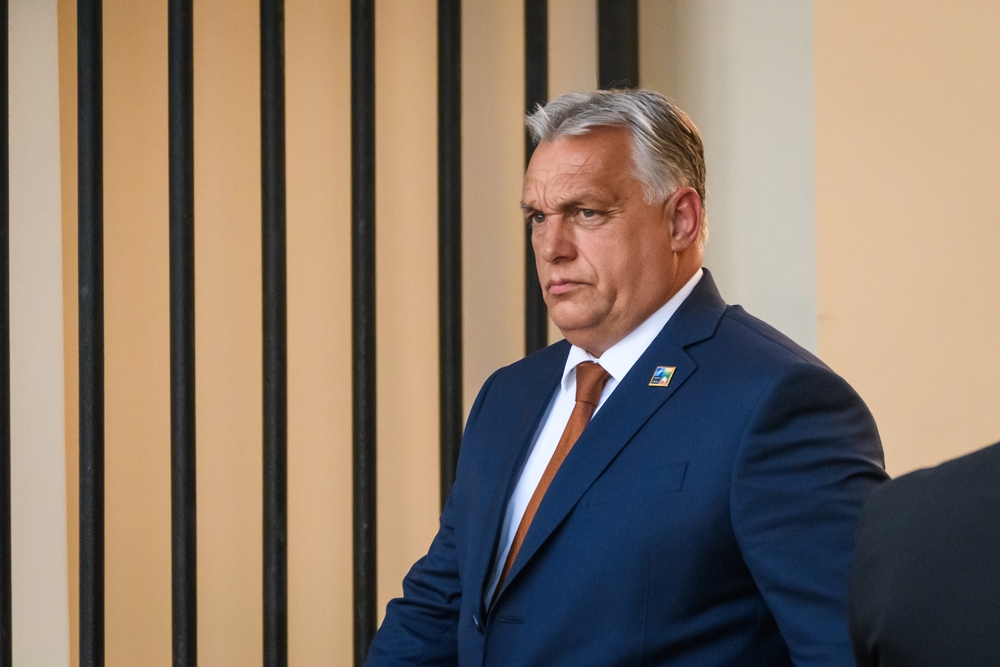Lithuania’s President Gitanas Nausėda has voiced strong support for U.S. President Donald Trump’s proposal for NATO members to increase defense spending to 5% of GDP. Amid ongoing concerns over Russian aggression, Nausėda emphasized the need for regional nations to strengthen military capabilities and ensure Ukraine’s involvement in any peace negotiations.
Russia’s Threat Looms Over the Baltic Region
Nausėda warned that even after a ceasefire in Ukraine, Russia could regroup and launch future attacks. “They will use this break in order to consolidate, to strengthen the military capabilities and to strike again in the future,” he stated. Lithuania, which borders Russia’s Kaliningrad exclave and Belarus, remains vulnerable to any broader conflict. “You always have the threat from the East, and you must be aware and take all the necessary precautionary measures in order not to be attacked,” he added.
Ensuring Ukraine’s Role in Peace Talks
The Lithuanian leader stressed that any settlement must involve Ukraine. “It would be unacceptable if the peace would be set behind the doors and without the involvement of Ukraine,” he said. He also noted that Trump understands this necessity: “No peace negotiations without Ukraine.” Nausėda’s comments come as Trump pushes for increased defense commitments among NATO allies while maintaining a tough stance on Russia.
NATO and EU Must Address Baltic Security Concerns
A growing concern for Lithuania is the recent damage to undersea cables in the Baltic Sea, raising suspicions of deliberate sabotage. Since October 2023, at least 11 cables have been damaged. “It is time for us to show some muscle,” Nausėda said, calling on NATO and the EU to strengthen maritime security. The newly launched NATO mission, “Baltic Sentry,” aims to protect vital underwater infrastructure.
Lithuania’s Defense Spending Commitment
Lithuania became the first NATO country to pledge 5% of its GDP to defense, aligning with Trump’s demand for greater military contributions from alliance members. Some domestic politicians have criticized the move, but Nausėda remains firm: “This is an absolutely clear priority for this country, as a frontline country, that we have to spend more.” He emphasized the need for Lithuania to demonstrate its ability to defend itself rather than relying solely on NATO allies.
With increasing threats from Russia and security concerns in the Baltic region, Lithuania is taking decisive steps to strengthen its defense. Nausėda’s support for Trump’s NATO spending goal reflects the nation’s commitment to safeguarding its sovereignty and ensuring regional stability. As tensions persist, Lithuania’s proactive approach may serve as a model for other NATO allies facing similar challenges.


